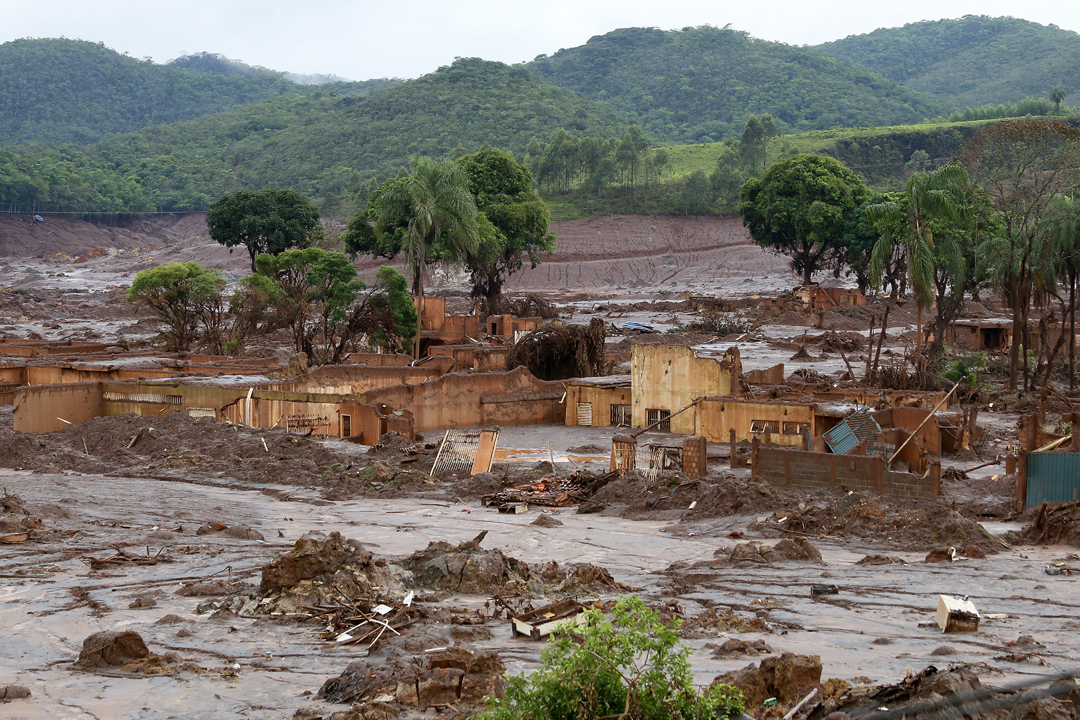Devastating Brazil rains likely spared most of Minas coffee fields

- Country:
- Brazil
The devastating rains that triggered landslides and flooding in Brazil's Minas Gerais state over the past week and brought more than 50 deaths apparently did not cause much damage to coffee fields in the world's largest production region.
According to analysts, researchers and coffee cooperatives, despite the high death toll and heavy damage to urban infrastructure, coffee fields in areas such as South of Minas and Zona da Mata were unlikely to be negatively impacted, and indeed, could benefit from the extra moisture. Still, problems abound for rural infrastructure with the collapse of several bridges and the deterioration of roads linking farms to co-op warehouses.
There were reports of landslides wiping out thousands of coffee trees at once, but these were isolated occurrences with no statistical significance. "We had this unfortunate case when a mudslide carried 30,000 coffee trees down the hill, also taking down the farmer's house, killing everyone," said Fernando Cerqueira, head of Coocafé, a coffee cooperative in Zona da Mata, Eastern Minas Gerais.
Cerqueira said one farmer in the region saw his warehouse collapse, with many bags carried away by floodwaters. But overall, he said, not much further harm was reported.
More to the south, where Brazil's largest arabica coffee exporter Cooxupé is based, rains were less violent, says Mario Ferraz de Araújo, a manager overseeing technical development for associated Cooxupé farmers. "Differently from other parts of the state, the rains here were smooth. They lasted for several days but fell regularly over time," Araújo said.
Haroldo Bonfá, a coffee analyst at Pharos consultancy, believed the rainfall was positive, in general. "It increased soil moisture and allowed for reservoirs to be replenished, which will be good for irrigation going forward."
In Espírito Santo, another state impacted by heavy rains and Brazil's no. 1 producer of robusta coffee, there was basically no damage. The main production areas were located further north from the places where flooding had displaced more than 10,000 people from their homes, according to agricultural research center Incaper.
"In the northern part of the state, where most coffee farms are located, the rains were good for the crops," said Abraão Verdin, a chief coffee researcher at Incaper. The experts said farmers might find it difficult to reach some of the fields for crop care activities, such as fungicide spreading, which could have negative implications for production.
(This story has not been edited by Devdiscourse staff and is auto-generated from a syndicated feed.)
- READ MORE ON:
- Brazil
- Minas Gerais










